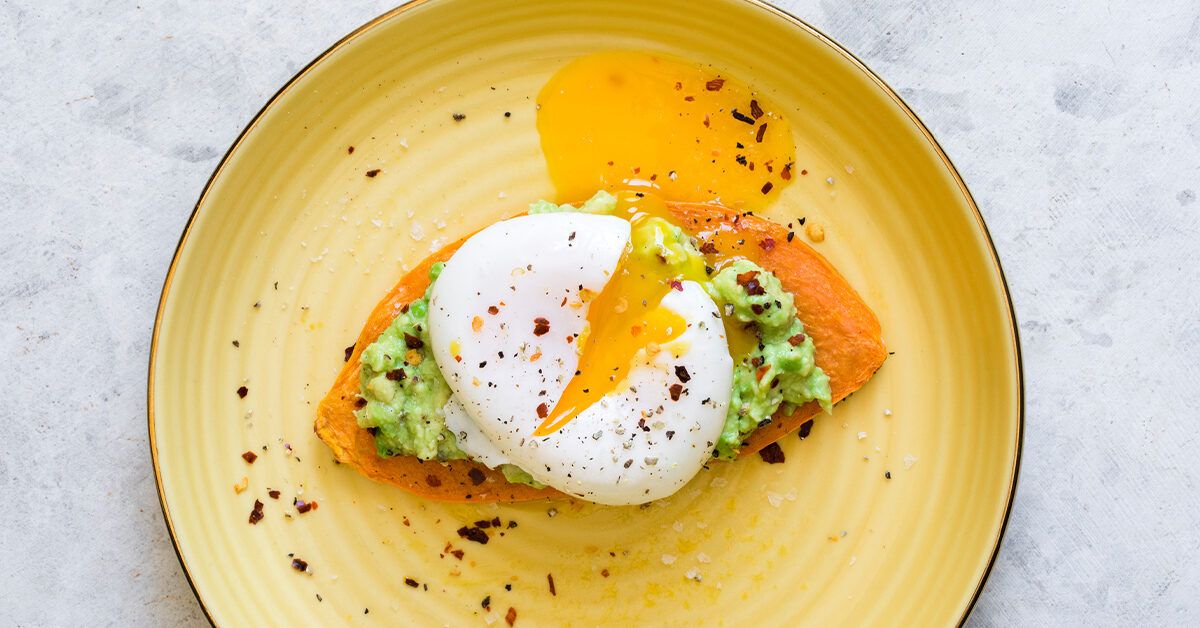What to Eat After a Workout: A Guide to Maximizing Recovery and Performance
Macronutrients for Post-Workout Recovery
After a workout, your body uses up glycogen, the body’s preferred fuel source, and breaks down some of its proteins. To aid in the rebuilding of glycogen stores and regrowth of muscle proteins, consuming the right nutrients shortly after exercising is crucial. Research suggests that eating the right nutrients soon after exercising can help your body do this faster, and properly fuelling your body after exercise can also help decrease muscle protein breakdown, increase muscle protein synthesis, improve your mood, and enhance recovery.
Eating foods containing carbs and protein may help support your muscles after exercise. Experts recommend eating shortly after your workout for the most benefit. Consuming a combination of protein and carbs after exercising is the best way to maximize recovery, muscle growth, and injury prevention.
Macronutrient Breakdown
The three macronutrients are protein, carbs, and fat. Each of these macronutrients plays a role in your body’s post-workout recovery process.
Protein Helps Repair and Build Muscle
Exercise triggers the breakdown of muscle protein. Consuming an adequate amount of protein throughout the day gives your body the amino acids it needs to repair and rebuild these proteins. It also gives you the building blocks required to build new muscle tissue. The International Society of Sports Nutrition (ISSN) recommends consuming 20 to 40 grams of protein every 3 to 4 hours to improve exercise performance, muscle recovery, and body composition.
Carbs Help with Recovery
Your body’s glycogen stores are used as fuel during exercise, and consuming carbs after your workout helps replenish them. The rate at which your glycogen stores are used depends on the activity. For example, endurance sports cause your body to use more glycogen than resistance training. The ISSN recommends eating a high carb diet of 3.6 to 5.5 grams of carbs per pound of body weight each day to help maximize your glycogen stores.
Fat May Provide Some Benefits
Not enough evidence suggests whether you should limit fat intake after a workout. Many people think that eating fat after a workout slows digestion and inhibits the absorption of nutrients. While fat might slow down the absorption of your post-workout meal, it may not reduce its benefits. For example, a study showed that whole milk was more effective at promoting muscle growth after a workout than skim milk.
The Timing of Your Post-Workout Meal Matters
The timing of your meals is important to maximize recovery and muscle growth because your body’s ability to rebuild glycogen and protein is enhanced after exercise. Research has been studying nutrient timing for over 40 years. In the past, experts recommended eating your post-workout meal within 45 to 60 minutes. However, more recent research suggests that the post-exercise window to maximize the muscular response to eating protein is wider than initially thought, up to as many as several hours.
Sample Post-Workout Meals and Snacks
Here are some quick and easy meals to eat after your workout:
* Grilled chicken with roasted vegetables and rice
* Egg omelet with avocado spread on whole-grain toast
* Salmon with sweet potato
* Tuna salad sandwich on whole grain bread
* Whole-grain toast and almond butter
* Quinoa bowl with sweet potatoes, berries, and pecans
* Oatmeal, whey protein, banana, and almonds
Here are some delicious snacks to eat after your workout and throughout the day:
* Tuna and crackers
* Cottage cheese and fruits
* Pita and hummus
* Rice crackers and peanut butter
* Cereal with dairy or soy milk
* Greek yogurt, berries, and granola
* Protein shake and banana
* Whole grain crackers with string cheese and fruit
Make Sure to Drink Plenty of Water
Staying properly hydrated before and after your workout ensures the optimal internal environment for your body to maximize results. During exercise, you lose water and electrolytes through sweat. Replenishing these after a workout can help with recovery, performance, and injury prevention. The National Athletic Trainers’ Association (NATA) recommends drinking 500 to 600 ml of water within 2 to 3 hours before exercising, and 200 to 300 ml within 10 to 20 minutes of exercising.
Conclusion
Consuming the proper amount of carbs and protein after exercise is essential. It stimulates muscle protein synthesis, improves recovery, and enhances performance during your next workout. It’s important not to go much longer than a few hours before refueling with a meal or snack. Finally, replenishing lost water and electrolytes can complete the picture and help you maximize the benefits of your workout.
FAQs
Q: What is the best thing to eat after a workout?
A: Some foods to eat after exercising may include a combination of chicken, potatoes, fish, rice, fruits, vegetables, and plant-based proteins.
Q: Should you eat carbs or protein after a workout?
A: Research suggests that eating a combination of protein and carbs after exercising is the best way to maximize recovery, muscle growth, and injury prevention.
Q: When should I eat a post-workout meal after a workout?
A: The ISSN recommends eating high quality proteins and carbs within 2 hours of exercising.
Recommended Products:
-

Shilajit Supplement – Pure Himalayan Authentic Shilaijt Resin Capsules Formulated with 20% Fulvic Acid – 10:1 Extract 10,000mg Extra Strength – Made in The USA – Shilajit for Men & Women 120 Capsules
$21.97 Buy Now -
Sale!

Puritan’s Pride Turmeric Curcumin 500 mg-180 Capsules
Original price was: $10.50.$8.82Current price is: $8.82. Buy Now -
Sale!

NOW Foods Supplements, ADAM™ Men’s Multivitamin with Saw Palmetto, Plant Sterols, Lycopene & CoQ10, 180 Softgels
Original price was: $65.99.$35.74Current price is: $35.74. Buy Now



